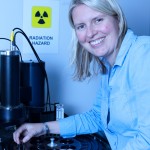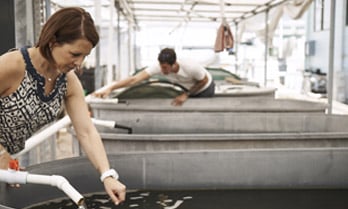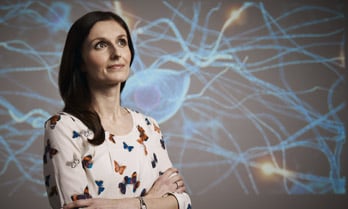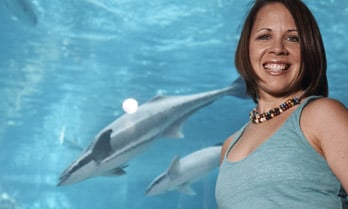Dr Zenobia Jacobs, University of Wollongong
01 September 2011
How did we get here?
Zenobia Jacobs wants to know where we came from, and how we got here. When did our distant ancestors leave Africa and spread across the world? Why? And when was Australia first settled?
These are difficult and controversial questions. But Zenobia has a deep understanding of time and how to measure it. She has developed a way of accurately dating when individual grains of sand were buried with human artefacts. And that technique is transforming our understanding of human evolution.
Zenobia used her L’Oréal For Women in Science Fellowship to track the movement of the Aboriginal people into and throughout Australia.
Qualifications
2004 PhD (Science), University of Wales, Aberystwyth, UK
1999 Bachelor of Arts, Honours (Archaeology), University of Stellenbosch, South Africa
Career highlights, awards, fellowships and grants
2009 Senior Research Fellow, School of Earth and Environmental Sciences, University of Wollongong
2008 Australian Research Council grant: The future of palaeolimate and archaeological research in Australia: next generation instrumentation for chronology and environmental reconstruction
2008 Vice Chancellor’s Emerging Researcher Award, University of Wollongong
2007 Australian Research Council grant: A stable-isotope mass spectrometer for novel determinations of past temperatures
2006 Australian Research Council grant: Out of Africa and into Australia: Robust chronologies for turning points in modern human evolution and dispersal
2006 National Science Foundation (USA) HOMINID Grant: Palaeoclimatic and palaeoenvironmental context of the origins of modern humans in South Africa: Constructing a detailed record from 400,000 – 30,000 years ago
2006 -2008 Research Fellow, School of Earth and Environmental Sciences, University of Wollongong
2003 -2005 Scientist, Environmentek, Council for Scientific and Industrial Research, Pretoria, South Africa
2001-2003 British Council Overseas Research Student Scholarship for PhD studies in the UK
Research highlights
- 25 journal articles and reviews including 15 as first author, and two book chapters
- More than 30 presentations at Australian and international conferences and institutions including six invited conference presentations
- Part of the team whose discoveries at Blombos Cave, South Africa, have forced a reassessment of when and where Homo sapiens first developed modern behaviour
- In 2007, she co-authored a publication in Nature, reporting evidence that modern humans living 165,000 years ago along the southern Cape coast of South Africa had a far more complex lifestyle than seen anywhere else in the world at that time




